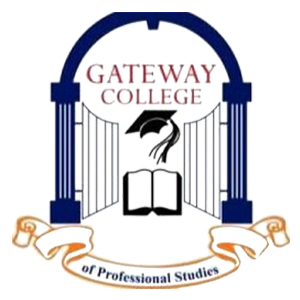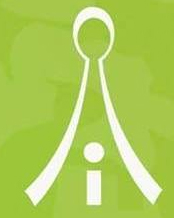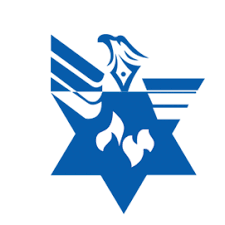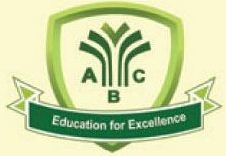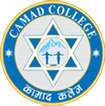Overview
BHM at National College of Computer Studies (NCCS), Paknajol, Kathmandu
Bachelor of Hotel Management (BHM) at NCCS, Paknajol, Kathmandu, runs under Tribhuvan University (TU), Faculty of Management.
The four-year program covers food production, food and beverage service, housekeeping, front office, hotel accounting, hospitality law, marketing, finance, event management, and research.
Students complete industry exposure and an internship, which helps you connect classroom learning to real service contexts in hotels, resorts, restaurants, and travel operations.
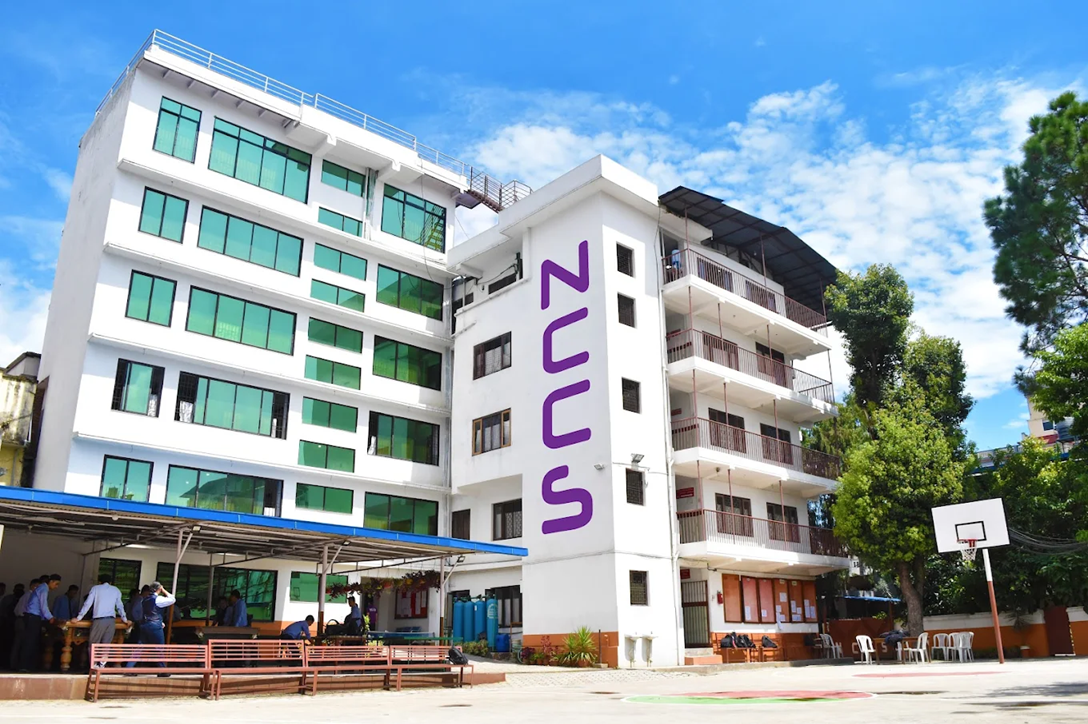
Highlights
-
University: Tribhuvan University (Faculty of Management)
-
Duration: 4 years (8 semesters)
-
Total Credits: 126 credit hours
-
Assessment: Semester system with internal and external evaluation
-
Key Features: Practical labs, industry exposure, internship, research project, elective options
Curriculum Details
Semester-wise courses follow the NCCS course cycle for TU BHM. Credit totals are shown per semester.
-
First Semester — 18 credits
English I; Hotel French; Principles of Management; Food Production & Patisserie I; Food & Beverage Service I; Housekeeping Operations I -
Second Semester — 18 credits
English II; Economics; Financial Accounting; Food Production & Patisserie II; Food & Beverage Service II; Housekeeping Operations II -
Third Semester — 18 credits
Sales & Marketing; Cost & Management Accounting; Food Science & Nutrition; Food Production Operations; Bar & Beverage Service; Front Office Operations I -
Fourth Semester — 18 credits
Financial Management; Hotel Engineering; Nepalese Society & Politics; Food Production Management; Food & Beverage Management; Front Office Operations II -
Fifth Semester — 15 credits
Entrepreneurship; Statistics; Organizational Behavior & Human Resource Management; E-Commerce for Hospitality; Event Management -
Sixth Semester — 15 credits
Strategic Management; Legal Environment for Hospitality; Cultural Resources of Tourism in Nepal; Research Methodology & Project Report; Elective (any one): Barista & Bartending / Room Division Management / Advanced Food Production -
Seventh Semester — 12 credits
Industry Exposure -
Eighth Semester — 12 credits
Industrial Exposure; Internship Report
Elective basket (indicative): Barista & Bartending; Room Division Management; Advanced Food Production.
Objectives
-
Build core skills for hotel and hospitality operations across kitchen, service, rooms, and front office.
-
Develop business awareness in accounting, finance, marketing, and HR within hospitality settings.
-
Strengthen guest-service standards, teamwork, communication, and problem solving through practice and industry exposure.
-
Encourage responsible conduct and workplace ethics that fit Nepal’s tourism and hospitality context.
Scope
Graduates enter roles in hotels, resorts, restaurants, catering units, cruises, conference venues, and travel operations. Many work in guest relations, front office, F&B service, culinary sections, housekeeping supervision, event operations, and sales. Some pursue further study in hospitality, tourism, or business and move toward supervisory tracks.
Learning Outcomes
Students who complete BHM at NCCS typically:
-
Prepare, present, and cost menus following food safety and nutrition basics.
-
Deliver table service standards, bar and beverage procedures, and event service routines.
-
Handle guest arrival, reservation, billing, and night audit workflows at front office.
-
Manage housekeeping routines, room readiness, and hygiene checks.
-
Read basic financial statements, plan budgets, and track cost controls for outlets.
-
Apply hospitality law, workplace safety, and local compliance in daily operations.
-
Conduct a small research project and present findings with clear documentation.
-
Work effectively in teams and interact with guests in Nepali and English; basic French terms assist in service communication.
Skill Development Modules
-
Culinary and Bakery: Food production, patisserie, production management, advanced production (elective)
-
Service and Bar: Food and beverage service, bar and beverage, barista and bartending (elective)
-
Rooms Division: Front office operations I–II, housekeeping operations I–II, room division management (elective)
-
Business Core: Financial accounting, cost & management accounting, financial management, statistics
-
Management and Marketing: Principles of management, sales & marketing, organizational behavior & HRM, strategic management
-
Industry and Society: Nepalese society & politics, cultural resources of tourism in Nepal, hotel engineering, legal environment for hospitality
-
Research and Projects: Research methodology & project report, industry exposure, internship report
-
Digital and Events: E-commerce for hospitality, event management
Teaching Methodology
Classes combine theory, lab practice, demonstrations, role-plays, and supervised shifts. Training kitchen and bakery sessions cover basic cuts, stocks, sauces, breads, and desserts. Service labs focus on sequence of service, table settings, menu knowledge, and bar service routines. Front office practice rooms simulate reservation, check-in/out, and billing. Housekeeping practice uses room setups, cleaning procedures, and inspection checklists. Seminars, guest talks, and project reviews help you connect course topics to workplace tasks before industry exposure.
Admission Requirements
-
10+2 or equivalent in any stream from a board recognized by TU, minimum 45% aggregate
-
English as a compulsory subject at 10+2 level
-
CMAT conducted by TU (minimum 40% score)
-
Application with required documents (academic certificates and testimonials, equivalency/transfer/character certificates if applicable, recent passport-size photographs)
-
Admission and seat confirmation follow college notices and merit
Career Opportunities
-
Food Production: Commis, trainee chef, bakery and confectionery assistant
-
Food & Beverage: Waitstaff, bar assistant, banquet operations, outlet supervisor (after experience)
-
Front Office: Reception, reservation, guest relations, night audit support
-
Housekeeping: Room attendant, public area staff, linen and laundry support, floor supervision (with experience)
-
Sales & Events: Sales coordination, event operations, conference support
-
Entrepreneurship and Further Study: Small food outlets, catering services, event units; postgraduate study in hospitality or management
Scholarships and Financial Aid
Scholarship notices are published each intake under TU and campus policy. Criteria may include entrance performance and academic standing, along with need considerations where applicable. Applicants should track forms, deadlines, and renewal rules in the current session notice.
Why Choose This Course?
-
TU-structured curriculum that links hotel operations with business subjects across eight semesters.
-
Practical learning through kitchen, service, front office, and housekeeping labs before industry exposure.
-
Research, elective choice, and internship help you build a portfolio and references for entry-level hiring in Nepal’s hospitality sector.
Conclusion
BHM at NCCS offers a clear pathway into hotel and hospitality services through step-by-step practice, business support subjects, and guided industry exposure. Students who plan carefully, maintain attendance, and document skills during internship enter the job market with evidence of competence and a realistic view of service standards.


